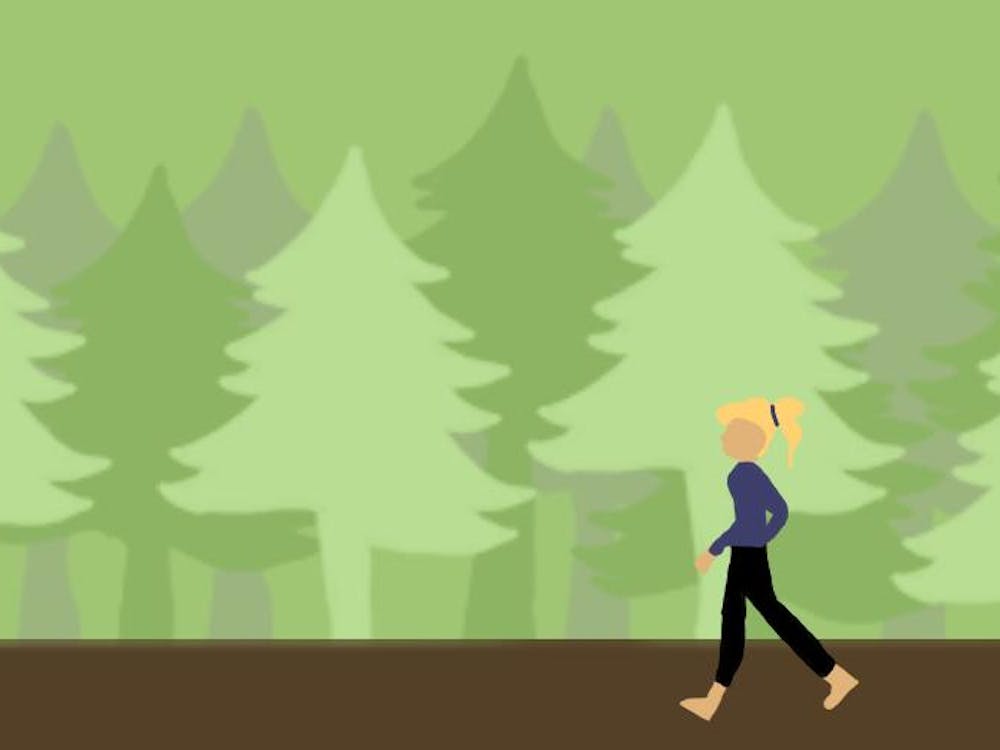I am a bad Southern girl. Any of my friends can attest to the paradox of my existence: I am from Alabama yet lack a thick accent; I live in Tuscaloosa, the home of the Crimson Tide and a stadium with a seating capacity of 92,138 but I really do not particularly enjoy watching football; I watch the Food Network constantly but absolutely must turn the television off when Paula Deen fills the screen. Perhaps more than anything else, however, I hate Southern food.
Why is it that everyone automatically assumes that if someone lives below the Mason-Dixie line, she must subsist off bacon grease and mayonnaise? This summer, when I began my internship in Atlanta, the director posed an icebreaker question which asked the interns to name their hometowns, majors and favorite Southern food. As the other interns listed off favorite family dishes - even the girl from Indiana admitted that she loved fried chicken - I mentally prepared myself for the stares of disbelief and sighs of disgust which would follow my response. I prefaced my answer, as I have learned to do, with "I know; I am a bad Southern girl but I actually do not care much for Southern cooking." And then of course the questions began: "But you're from Alabama. Nothing? Not even hushpuppies?" "Macaroni and cheese?" "Biscuits and gravy?" "Surely sweet tea."
At that point, I realized that I could no longer keep hidden my deepest-cutting, most unacceptable transgression against the Southern heritage: I despise sweet tea. I truly think that it may be the worst thing I have ever put in my mouth, and this is coming from a person who has tried rattlesnake, elk and South Dakota wine. At any function in the South, all guests are served sweet tea - no water, typically no alcohol and certainly not if it is a Sunday, no soda (or Coke as the South would say). It is simply assumed that everyone drinks and absolutely loves guzzling glorified sugar in a glass, prompting the onset of heart attacks and diabetes one gulp at a time. I suppose part of the reason I push so strongly against my Southern roots is precisely because of the flatness and monotony of the Southern stereotype; the Deep South presents itself as a caricature to outsiders, which the surrounding world in turn wholeheartedly embraces.
I refuse to fit neatly into the classic Southern girl mold. I have lost most of my Southern drawl since coming to U.Va. and I am glad. I cringe when I drive home, and as I travel deeper and deeper south, begin desperately to flip through the radio in search of a station which is not country. I do not want to listen to the "Rick and Bubba" show and hear the hosts use sloppy metaphors to explain the tragedy of the country's increasing tolerance towards diversity - such as the time they likened the growing openness of American citizens to homosexual relationships to calluses which form after consistent exercise, thereby allowing the exerciser to forget her initial distress. I wish that I would not leave the Tuscaloosa grocery stores empty-handed because I cannot find ingredients like baby squash or polenta. More than anything, I am tired of facing questions and judgmental responses thinly veiled in insincere politeness when explaining to Tuscaloosans why my brother chose to attend schools in Michigan and Virginia, or as they put it, "way up in Yankeetown."
But when I go home to Alabama, I also remember Southerners' penchant for observing social pleasantries and for treating the stranger standing nearby in the checkout line as though she were a lifelong friend. During my past visit home, a tanned, blond woman balancing a toddler on her hip approached me while I was eating at a local Greek restaurant, one of the town's few more exotic establishments. She peered on my plate and began chatting, her thick accent coating and drawing out her words: "Now you kn-ow, that's my favorite thing to get here to-oo."






